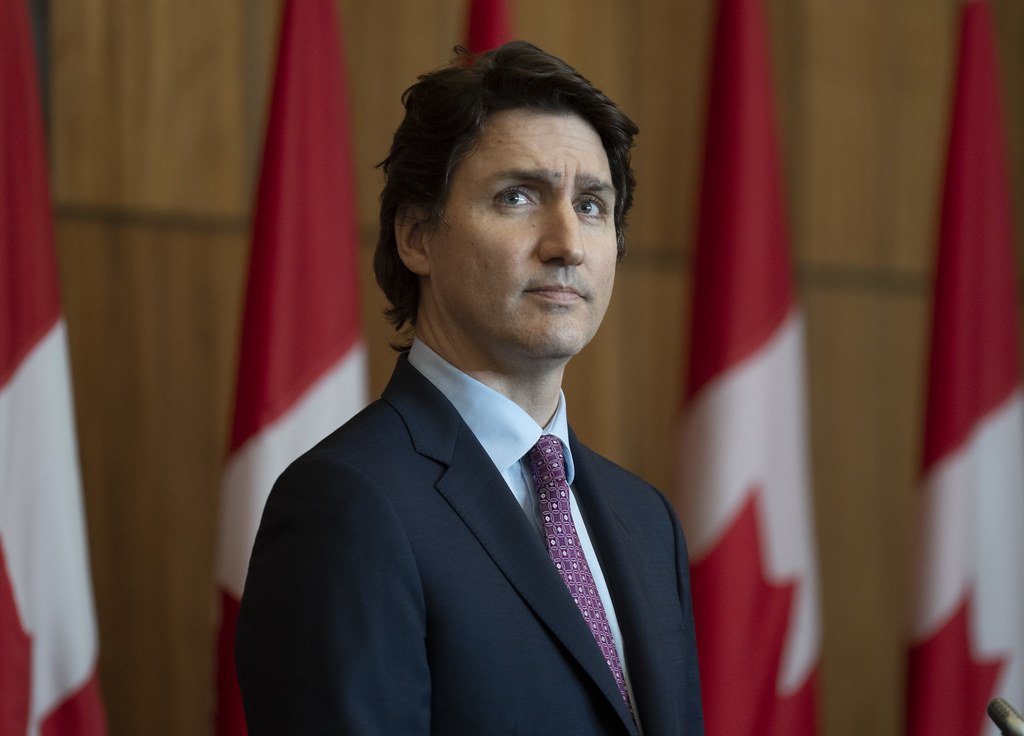
On October 24, 2024, Canada’s Minister of Immigration, Refugees, and Citizenship, Marc Miller, announced the 2025-2027 Immigration Levels Plan, aiming to slow down immigration growth in the short term to enable sustainable growth and effective long-term management. This decision has garnered widespread attention and discussion across various sectors, and many potential immigration applicants are closely monitoring how these changes might impact them.
Government Announces Reduction in Immigration Targets
According to the new immigration level plan, Canada will reduce its permanent resident targets over the next few years:
- 2025: Reducing from 500,000 permanent residents to 395,000, and more than 40% of overall permanent resident admissions in 2025 will be students or workers already in Canada.
- 2026: Reducing from 500,000 permanent residents to 380,000
- 2027: Setting a target of 365,000 permanent residents
Additionally, the plan includes reducing the temporary resident population to 5% of Canada’s total population, which means the number of temporary residents is expected to decline over the coming years.
Minister Marc Miller stated: “Today’s announcement is our next step in addressing Canada’s evolving immigration needs. While our economy needs new immigrants, we also see the pressures faced by the country, and we must adjust policies accordingly.”
Quota Changes for Economic and Family Immigration
| 2025 | 2026 | 2027 | |||
|---|---|---|---|---|---|
| Economic | Federal Economic Priorities | Includes admissions for eligible candidates with specific skills, training and language ability, in order to be responsive to labour-market needs, through categories established by the Minister of IRC in the Express Entry system. The 2025 priority categories include: health care occupations, trade occupations, and French-language proficiency. | 41,700 | 47,400 | 47,800 |
| In-Canada Focus | Primarily admissions from the Canadian Experience Class and other regional immigration pathways but may also come from Federal Skilled Workers and Federal Skilled Trades. | 82,980 | 75,830 | 70,930 | |
| Federal Business | Includes admissions from the Start-up Visa Program and the Self-employed Persons Program. | 2,000 | 1,000 | 1,000 | |
| Federal Economic Pilots | Includes Caregivers; Agri-Food; Community Immigration Pilots; Economic Mobility Pathways Pilot. | 10,920 | 9,920 | 9,920 | |
| Atlantic Immigration Program | 5,000 | 5,000 | 5,000 | ||
| Provincial Nominee Program | 55,000 | 55,000 | 55,000 | ||
| Quebec Skilled Workers and Business | 34,500 | TBD | TBD | ||
| Family | Spouses, Partners and Children | 70,000 | 66,500 | 61,000 | |
| Parents and Grandparents | 24,500 | 21,500 | 20,000 |
Data Source:Notice – Supplementary Information for the 2025-2027 Immigration Levels Plan
Comparison with the 2023-2025 Immigration Levels Plan
Quota changes around 2025 in the two plans are as follows:
- Federal Business (SUV/Self-employed): 6,000 -> 2,000, decrease 66%
- Federal Economic Pilots (Caregivers, Agri-Food, Community Immigration Pilots): 14,750 -> 10,920, decrease 25%
- AIP: 14,500 -> 5,000, decrease 65%
- Family Reunification (Spouses, Partners, and Children): 82,000 -> 70,000, decrease 14.6%
- Family Reunification (Parents and Grandparents): 36,000 -> 24,500, decrease 31.9%
Public Reactions
Concerns in the Business Community
Diana Palmerin-Velasco from the Canadian Chamber of Commerce expressed concern over this shift. She emphasized that immigration has played a key role in helping Canada avert economic recession. “The business community is worried about the message we’re sending. If we want more foreign investment, we need talent,” she noted.
Confusion Among Small Businesses
The Canadian Federation of Independent Business reported that small business owners feel confused and anxious about this change. They worry about the visas of foreign workers already in Canada expiring soon, with the new policy possibly hindering renewal.
Impact on Agriculture and Rural Communities
Cam Dahl, General Manager of the Manitoba Pork Council, hopes the policy will consider regional differences. He highlighted that in industries like pig farming, transportation, and processing, new immigrants are indispensable labor.
Policy Impact Analysis
Impact on the Labor Market
Some industry organizations worry that reducing immigration may negatively affect the labor supply, particularly in critical fields like healthcare, construction, and transportation. Immigrants play a significant role in Canada’s residential construction sector, making up 23% of all general contractors and residential builders.
Impact on the Housing Market
The government expects that lowering immigration numbers will help ease the housing market, with a projected reduction of approximately 670,000 units in the housing supply gap by the end of 2027.
Economic Growth and Social Services
The government stated that this plan will support sustained GDP growth and accelerate per capita GDP growth between 2025 and 2027. Additionally, it will improve housing affordability, reduce unemployment rates, and alleviate pressure on social services.
Government’s Response
Prime Minister Justin Trudeau acknowledged that Canada’s rapid immigration growth over the past three years has strained resources. He remarked, “We are taking action because, in the turbulent period post-pandemic recovery, we did not fully balance workforce demands with population growth.”
Trudeau emphasized that the government’s goal is to stabilize population growth, giving all levels of government time to catch up by investing in healthcare, housing, and social services to support future population increases.
Conclusion
The Canadian government’s adjustment to immigration policies seeks to balance economic needs with the sustainability of social services. For immigration applicants, understanding these policy changes and responding proactively will help enhance the chances of success. We will continue to monitor policy developments to provide you with the latest information and guidance.
Sources: News releases from Immigration, Refugees and Citizenship Canada, Reuters reports, and New York Times coverage.









